Things I Never Learned in Library School: Menstruation is a Biological Function and the De-stigmatizing of the Female Body
 On Monday night I sat at a table with other moms and one single dad while our 9 and 10 -year-old daughters attended a Girl Scout meeting in another room.
On Monday night I sat at a table with other moms and one single dad while our 9 and 10 -year-old daughters attended a Girl Scout meeting in another room.
“When do you start telling your child about her period?”, one mother asked.
“25% of girls now start their period when they are nine,” I pointed out. “So now, now is when we start telling our daughters about their periods.”
This isn’t a problem in my house, because I am the mother to a teenage daughter and we are not squeamish about periods. Even her dad will talk about her period with her. Not in an I understand what you’re going through way, because he doesn’t, but in a this is a part of who you are and it doesn’t bother me at all way, because there is no reason for it to. She will lament when she is on her period. She will discuss her feelings about having a period. She will ask for love and support and, yes, ice cream and chocolate, when she is on her period. And her father has gotten up and gone to the store and gotten her chocolate or pads because he’s a good dad. He’s a weird dad, but he’s also a really good dad.
ADVERTISEMENT
ADVERTISEMENT
The thing is, society is horrible about the way we talk about and deal with the female body. We can laugh and joke about male erections and wet dreams and take male masturbation as a basic fact of life, but girls are supposed to hide their period supplies in secret containers and walk with their head held down to the bathroom in the middle of the school day.
As the mothers all sat around and talked about their periods, the single father to a daughter squirmed like he was caught in some type of trap. I felt for his daughter because I had a dad like this. He couldn’t look me in the eye and ask me when he went to the grocery store if I was going to need any feminine hygiene products. I remember having to walk to the local corner store once after scrounging around in the couch cushions to find enough money for a small supply when my period came one day in the 8th grade and I had run out of product at home. My dad, a single dad, would always ask me if I needed any “stuff” in the most awkward way possible.
Once every few months someone will ask on Twitter why the girls in YA never have their periods, and this is a really good question. A couple of weeks ago when someone asked, I retweeted the question with a “yes, let’s talk about this more to de-stigmatize it” and was met with some push back. Periods, someone pointed out, are boring. So is driving a car, walking down the hallway, doing homework, eating dinner, and yet another a boy woke up with some morning wood scenes, but they all appear in YA literature. However, we can read entire books about girls and never once do they lament that it is their time of the month. Girls can be stranded in an arena (the Hunger Games), stranded in the past (Historical fiction), or even just spend day after day in high school, and never once do they mention their period or wonder how they are going to find the products they need.
There are exceptions, though. Thank goodness there are always exceptions. Though in the case of periods, they are few and far between.
Period Fantasy: On Mentions of Menstruation in YA – Book Riot
No Not the One in Sentences, Talking About a Different Kind of Period – TLT
7 Amazing YA Books About Periods That You Have To Read | Gurl.com
Once Upon a Bookcase: The Lack of Periods in Fantasy Novels
PERIODS in YA – Queen of Contemporary
Why Menstruation in Young Adult Texts Matters. | canyafiction
It’s That Time of the Month — @lizb A Chair, A Fireplace & A Tea Cozy
Are you there, YA readers? It’s me, your period. – Stories are Good
Things Never Mentioned in YA Books – Book Bratz
One of the biggest examples, and most classic, is Are You There God? It’s Me, Margaret by Judy Blume. This book was invaluable to me when I was in middle school. It talked to me about this thing when no one else would. I remember all of my friends reading it and being anxious about starting their periods.
Of course the female body is about more then just periods and menstruation. Over at Book Riot, Elena K. Arnold shares the story of an encounter she had with an older male at a recent book event. In it, she reads a snippet about a pap smear and the man asks why he should read about that. The why is simple, the human body is not a shameful thing and things happen to it. Woman have pelvic exams and pap smears. It’s just a thing that happens. Men have prostate exams, I know because I have read about them in fiction and in papers and talked with the men I love about them. It has to go both ways, men should know about women, their lives and their bodies, in the same way that women are expected to know about men, their lives and their bodies.
#SJYALit: From Aberrant Girl to Nasty Woman, a conversation between Elena K Arnold and @amberjkeyser https://t.co/y1r24wq4Cp
— TeenLibrarianToolbox (@TLT16) April 4, 2017
This week our healthcare is once again under attack. I won’t get into the specifics or the politics of it except to say this: time and time again recent healthcare plans want to almost criminalize the female body. Women, legislators proclaim, can be charged higher healthcare costs because of pregnancy. Pregnancy can be considered a pre-existing condition. Maternity care and even new born care is being put out the curb with the rest of the trash, in part because we are taught and been taught for generations that there is something icky and gross and sexual and less than about the female body. And this is where that dangerous rhetoric has left us.
The other day a teenager was telling me about a gross discharge she was having. I asked her if it looked like cottage cheese and she said yes. Don’t worry, I said, you have a yeast infection. Go home and tell a parent and there are some really easy things you can do to take care of it. She had no idea that a yeast infection was possible. No one told her because we don’t talk about the female body. Well, we do, but only in really objectifying and sexual ways. We’ll rate them. We’ll catcall them. We’ll talk trash if they don’t meet our standards. But in the meantime, girls are suffering from yeast infections and shame because we can’t even be bothered to mention the basics of what it means to have a vagina in a book about people that have vaginas.
Maybe that should change.
Check out the hasthag #YAHonest on Twitter for recs of YA lit that deals honestly with menstruation
Filed under: Things I Never Learned in Library School
About Karen Jensen, MLS
Karen Jensen has been a Teen Services Librarian for almost 30 years. She created TLT in 2011 and is the co-editor of The Whole Library Handbook: Teen Services with Heather Booth (ALA Editions, 2014).
ADVERTISEMENT
ADVERTISEMENT
SLJ Blog Network
2024 Books from Coretta Scott King Winners
Monster Befrienders and a Slew of Horror/Comedy: It’s a Blood City Rollers Q&A with V.P. Anderson & Tatiana Hill
Family Style: Memories of an American from Vietnam | Review
Parsing Religion in Public Schools
ADVERTISEMENT



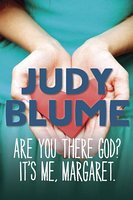

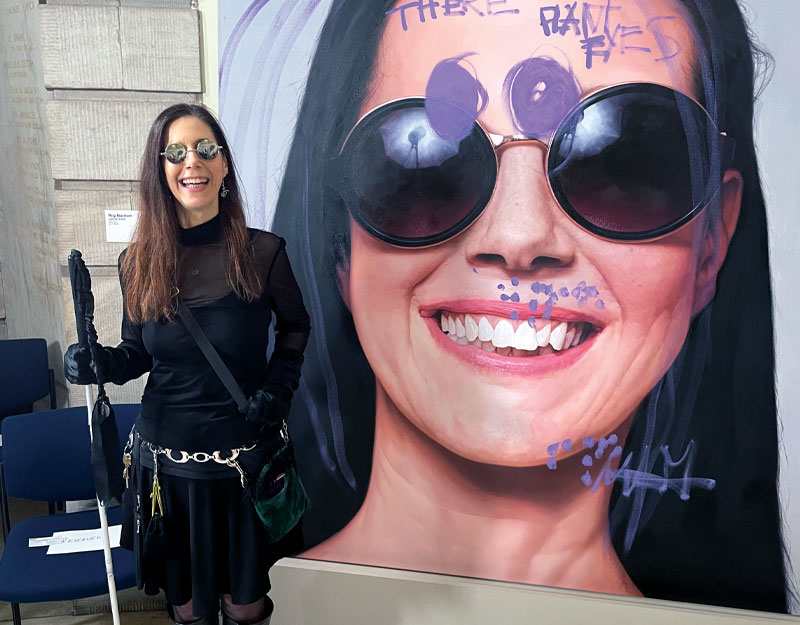

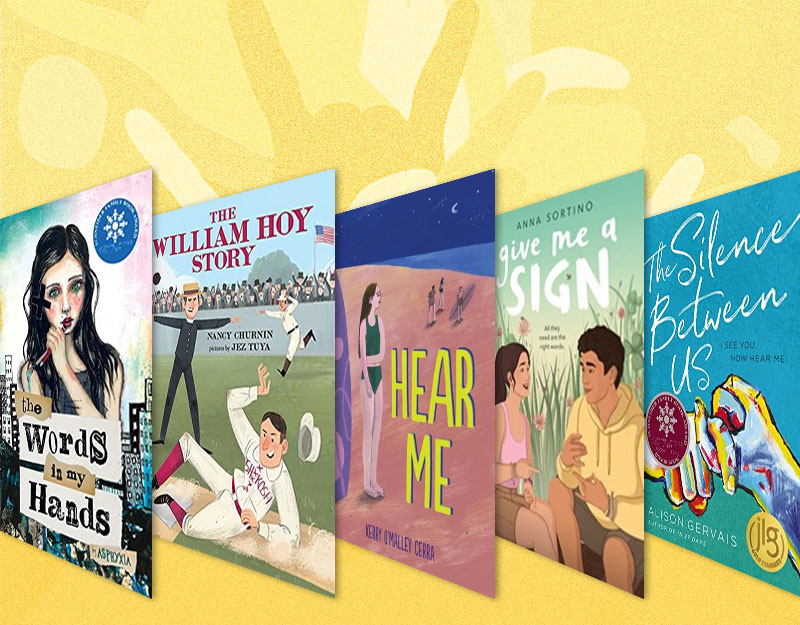
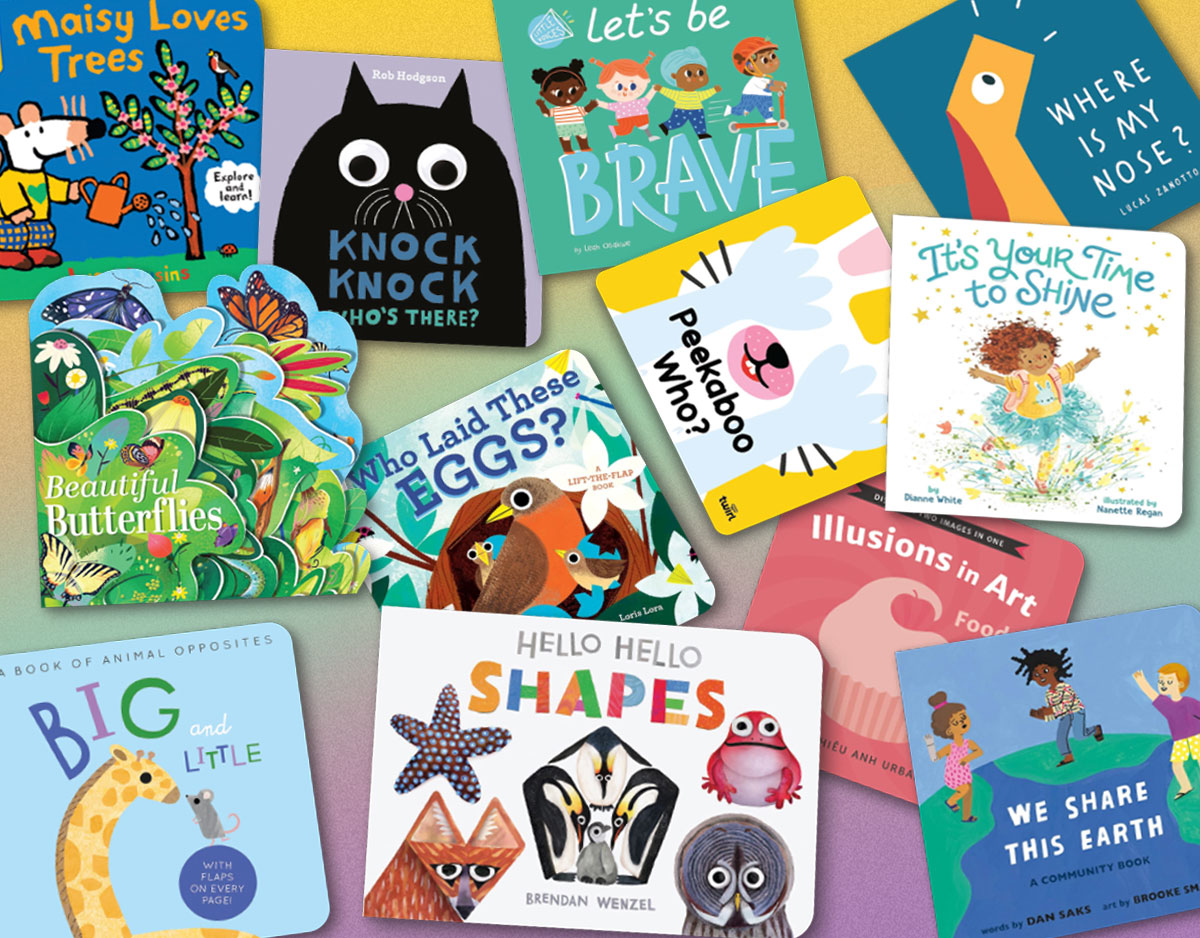
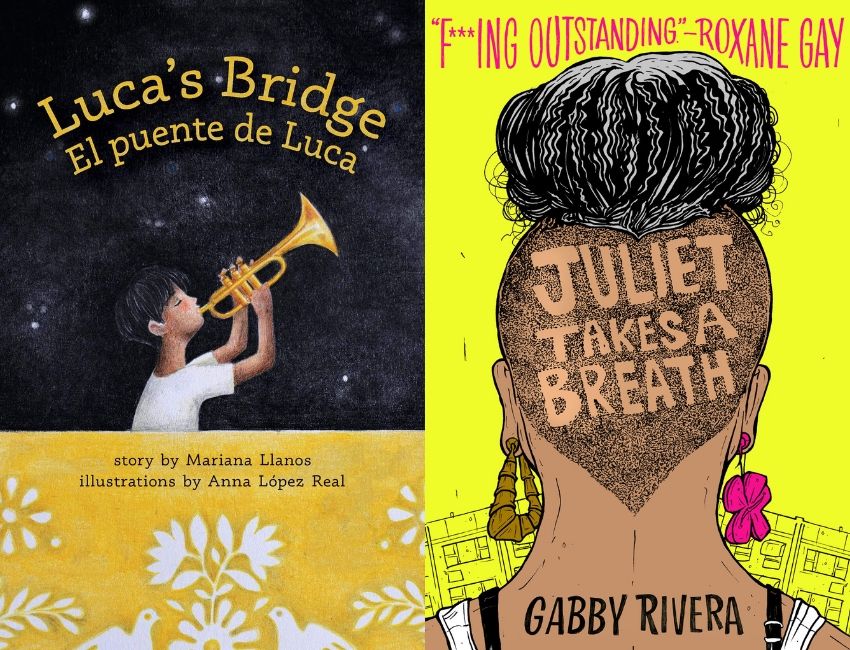
My youngest daughter, who is now ten, started her period last fall at age 9. Her 11 year old sister was still waiting for breast buds. Since my daughters where old enough to ask where babies come from, I’ve been talking to them about puberty, hygiene, sex, consent and gender (essentially navigating the world as a woman). Each year, the conversation becomes a little bit longer, a little bit more detailed, and, as my youngest would say, a little bit more “EWWW, I don’t want to talk about this.” But, I wasn’t only having these conversations with my daughter, but with some of my teenage patrons who trusted me and saw me as a big sister/aunt type. Even if one is uncomfortable, we have to find a way to answer the question with as much compassion and knowledge as possible.
I remember in one of the Alice books by Phylliss Reynolds Naylor, that in one scene Alice gets her period while wearing a white skirt on a bus. This was such a real, relate able scene. That’s why i love those books.
YAAAAAASSSSSS! Thank you. Thank you. I thought I was alone in wondering WHY this is never in historical fiction or so rarely in realistic fiction. And yes, not talking about it keeps it stigmatized and potentially dangerous. If girls don’t read truth somewhere, how will they ever know how to care for themselves!?